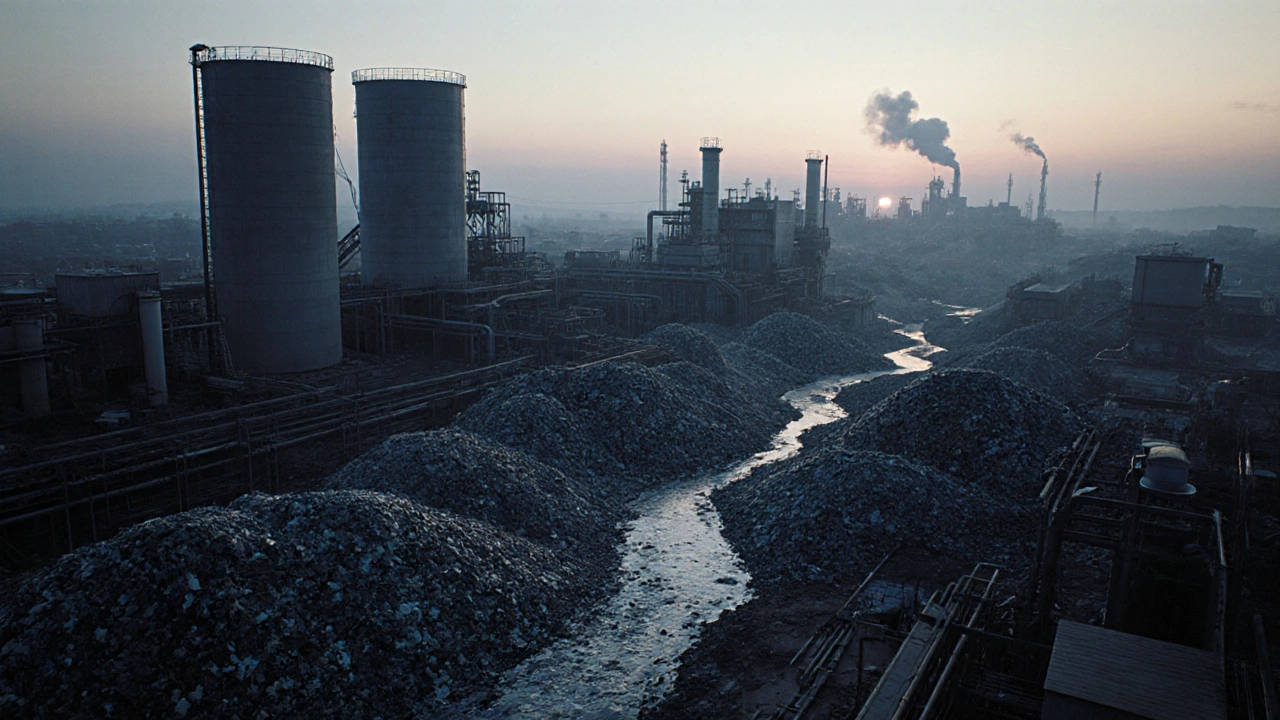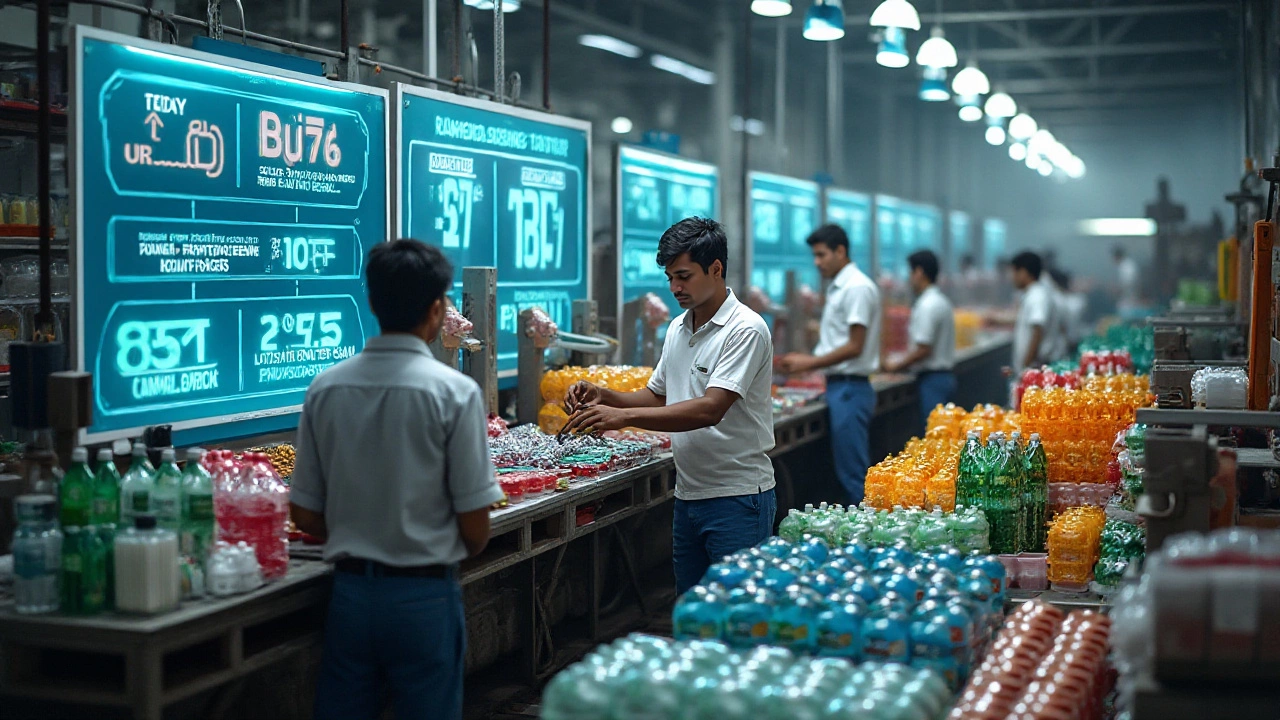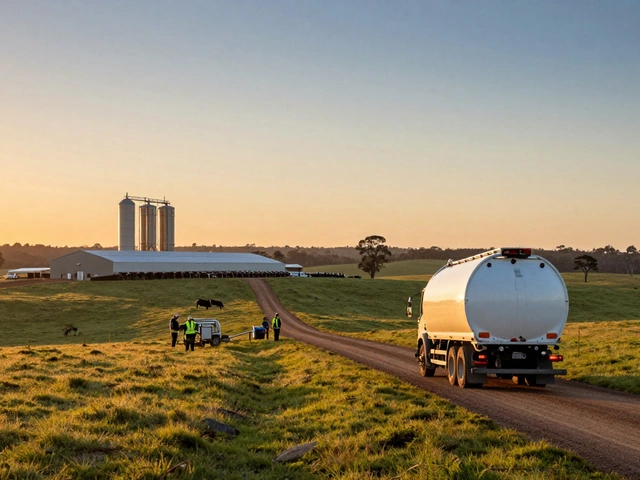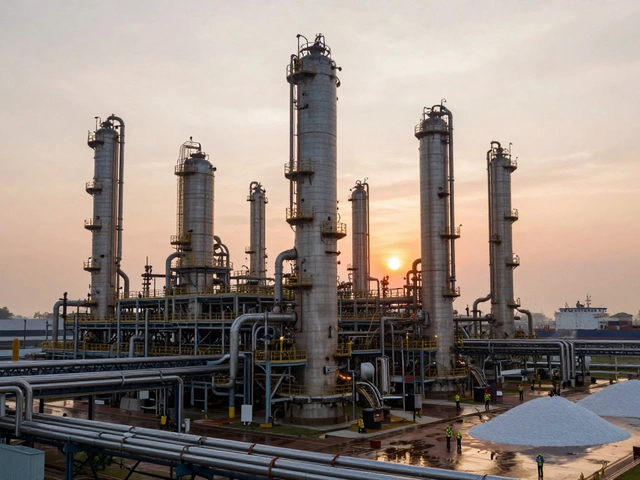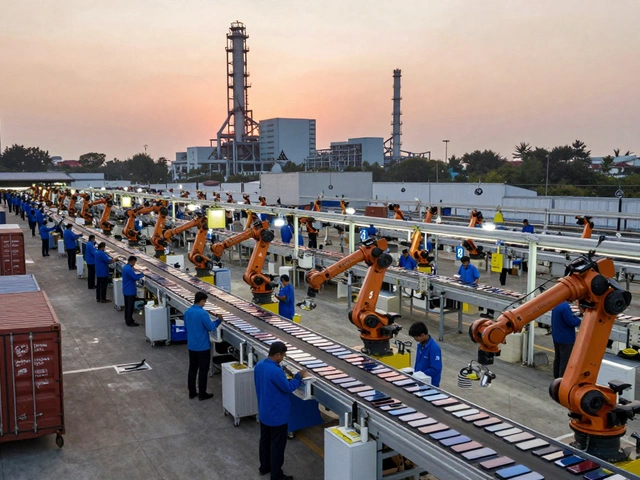Plastic Manufacturers in India: What You Need to Know
India’s demand for plastic parts keeps growing thanks to packaging, automotive, and consumer goods. That means more factories are turning raw resin into bottles, pipes, and toys. If you’re looking for a supplier, you’ll see a mix of big plants and small workshops across the country. Understanding the landscape helps you avoid surprises and find a partner that matches your needs.
Most of the production is clustered in Gujarat, Maharashtra, and Tamil Nadu. Gujarat’s coastal ports make it easy to import raw resin, so big players set up large extrusion lines there. Maharashtra houses many automotive‑grade manufacturers near Pune and Mumbai, while Tamil Nadu focuses on medical‑grade and thin‑film plastics. Knowing which region specializes in what can save you time when you start the search.
Running a plastic factory isn’t cheap. Prices of polymer pellets swing with global oil markets, and new environmental rules push companies to cut waste. Many firms are now investing in recycling units and energy‑saving machines, but the transition can affect lead times. Ask potential partners how they handle raw‑material spikes and what steps they take to stay eco‑friendly.
How to Evaluate a Plastic Manufacturer
First, look for certifications like ISO 9001 or ISO 14001. These show the factory follows quality and environmental standards. Second, ask about their production capacity – a small shop might struggle with high‑volume orders, while a big plant could have long queue times. Third, check their quality‑control process: do they use statistical process control, in‑line testing, or third‑party labs? Finally, ask for references from customers who ordered similar parts. Real feedback tells you if the promised lead time and finish quality are realistic.
Emerging Trends for 2025
Recycled plastics are moving from niche to mainstream. More buyers request “post‑consumer recycled” content, and factories are adding shredders and extrusion lines to handle it. Automation is another hot topic – robots now load and unload molds, reducing human error and boosting speed. On the digital side, companies use data dashboards to track energy use, waste, and machine uptime. If a supplier talks about these tools, they’re likely staying ahead of the curve.
To start working with a plastic manufacturer, make a short list based on location, certifications, and capacity. Reach out with a clear brief: material type, dimensions, volume, and deadline. Ask for a sample run before committing to a full order. This approach lets you test quality, communication, and on‑time delivery without a big upfront risk. With the right partner, you can keep your product line moving smoothly and stay competitive in a fast‑changing market.
Top Plastic Manufacturers Generating the Most Waste in 2025
Discover which plastic manufacturers generate the most waste, why they do it, and what actions can cut industrial plastic pollution.
Read MoreTop Global Plastic Manufacturers Shaping the Industry
Plastic manufacturing is a significant sector, pivotal to a myriad of industries worldwide. Dominated by major players, the industry is responsible for producing billions of tons of various plastic products each year. Knowing the key manufacturers provides insight into market dynamics and future sustainability efforts. This article delves into the largest plastic manufacturers, their contributions, innovations, and their role in impacting both economy and environment.
Read More